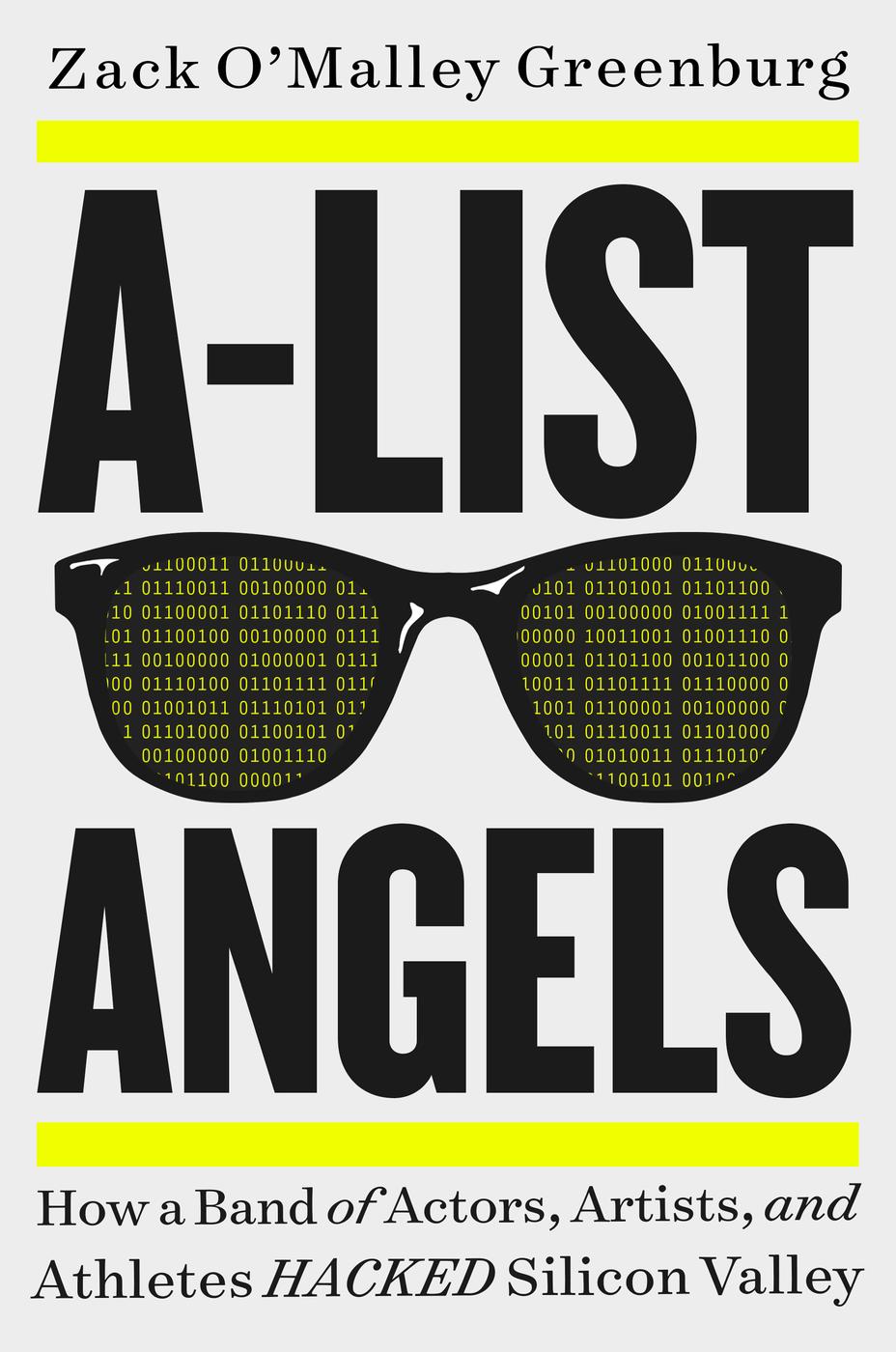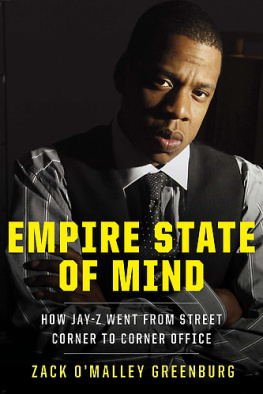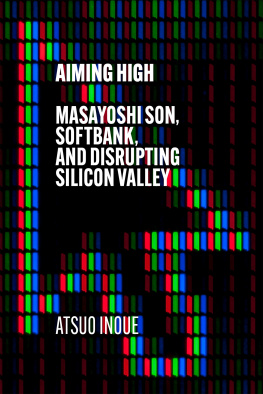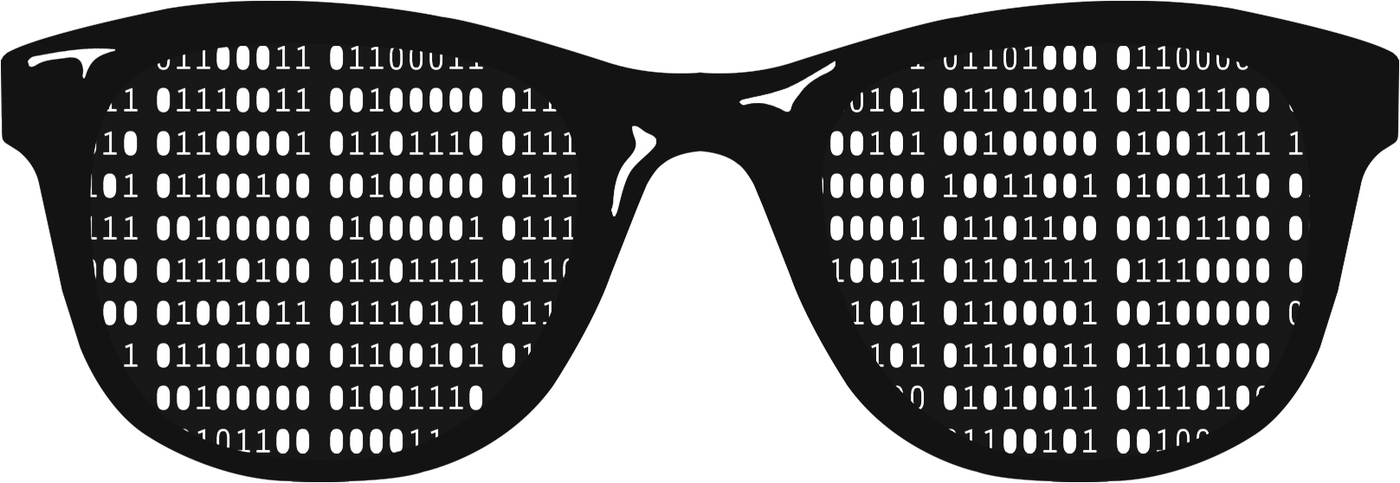
Copyright 2020 by Zack OMalley Greenburg
Hachette Book Group supports the right to free expression and the value of copyright. The purpose of copyright is to encourage writers and artists to produce the creative works that enrich our culture.
The scanning, uploading, and distribution of this book without permission is a theft of the authors intellectual property. If you would like permission to use material from the book (other than for review purposes), please contact permissions@hbgusa.com. Thank you for your support of the authors rights.
Little, Brown and Company
Hachette Book Group
1290 Avenue of the Americas, New York, NY 10104
littlebrown.com
twitter.com/littlebrown
facebook.com/littlebrownandcompany
First Edition: March 2020
Little, Brown and Company is a division of Hachette Book Group, Inc. The Little, Brown name and logo are trademarks of Hachette Book Group, Inc.
The publisher is not responsible for websites (or their content) that are not owned by the publisher.
The Hachette Speakers Bureau provides a wide range of authors for speaking events. To find out more, go to hachettespeakersbureau.com or call (866) 376-6591.
ISBN 978-0-316-48511-1
E3-20200204-DA-NF-ORI
E3-20200128-DA-NF-ORI
E3-20200123-DA-NF-ORI
For Danielle, whos number one on my A-list
Explore book giveaways, sneak peeks, deals, and more.
Tap here to learn more.

On a warm October night at trendy Boston eatery Deuxave, Ashton Kutcher lowers the brim of his Los Angeles Dodgers cap and tucks himself behind a pillar the size of a refrigerator. The Dude, Wheres My Car? star is in town for the Forbes Under 30 Summit, along with 6,000 young entrepreneurs. Ive just profiled him in a cover story for the aforementioned magazine; as we exchange greetings, his eyes dart around the room, suggesting a desire to at least briefly avoid detectionnot by autograph seekers but by the stream of startup founders hounding him for investment.
Kutcher and his business partner, U2 and Madonna manager Guy Oseary, launched a $30 million fund called A-Grade in 2010 and grew it to $250 million in just a few years by investing in Uber, Shazam, Airbnb, Pinterest, and more. Once you learn how to identify a snow leopard, Kutcher tells me, its pretty easy to see a snow leopard coming along.
This is just one chapter in the story of Hollywood and Silicon Valleys lucrative collision. Look out across the entertainment landscape, and youll find that the worlds top actors, artists, and athletes now own slices of the countrys hottest tech companies: Beyonc (Uber), Kevin Durant (Postmates), Serena Williams (Coinbase), Jared Leto (Robinhood), and Jennifer Lopez (Acorns), just to name a few. Many of those early investments ballooned in value as startups turned into billion-dollar companies on paper or with the help of public markets. U.S. venture capital firms, or VCs (a term also used to describe individual venture capitalists), are now pouring some $100 billion into startups annually in hopes of finding the next billion-dollar startup.
Mammoth institutions have historically been the only ones with easy access to such companies, apart from a handful of high-net-worth individual investorsor angels, in venture-world parlance. Now a group of A-listers has found a way to join professionals in the bonanza, often at discounted rates and sometimes even for free, parlaying evanescent fame into long-term fortunes. Its the culmination of a decades-long shift in which entertainers have gone from wage laborersoften exploited by wealthy bossesto owners of diversified investment portfolios and a chance to control their own financial futures.
For the purposes of this book, well focus on several individuals in the vanguard of this trend. Foremost among the A-List Angels is Kutcher, an Iowa-born college dropout turned Hollywood superstar with a penchant for making savvy startup investments. NBA Hall of Famer Shaquille ONeal is the lone member of the group with an MBA, having received that degree after blazing a trail by investing in Google back in 1999, before it went public. Then theres Nas, the hip-hop legend who made his first big splash by championing and investing in lyrics site Rap Genius (now Genius) before adding stakes in others, including Dropbox and Ring; like Shaq, he cashed in on the latter when Amazon bought it for $1 billion in 2018.
These forerunners opened the doors for a diverse range of investors in the entertainment world, many of whom also shared their stories for this book. DJ and producer Steve Aoki told me about accumulating stakes in startups from Airbnb to SpaceX; NFL legend Tony Gonzalez recounted earning as much from selling his fitness app to Fitbit as he did during his peak playing years; Sophia Bush detailed how she turned her career as a television star into a chance to invest early in companies like Uber.
Less famous but equally influential are three operators who helped bring about the A-List Angel phenomenon behind the scenes. Guy Oseary grew up in Israel and moved to Los Angeles as a youngster, catching on as the manager of Madonna and U2 before teaming with Kutcher to start A-Grade. Troy Carter spent several years managing Lady Gaga before turning his focus to companies like Spotify. Rounding out the crew is Ben Horowitz, the hip-hop aficionado and cofounder of venture firm Andreessen Horowitz, which Nas and other entertainers have followed into countless major investmentsamong the Silicon Valley elite, nobody has done a better job at securing mutually beneficial relationships with A-List Angels.
In about a decade, these investors have racked up a tremendous track record, graduating from early roles as angels or entrepreneurs to, in many cases, running funds of their own. Theyve often shared the best investment opportunities with one another, helping scores of startups grow into multibillion-dollar behemoths while generating an unprecedented sort of wealth for the creative class. Not bad for a group with only a couple of college graduates among them.
A big part of entrepreneurship is being willing to do every job in the company, says Carter. I do think theres a level of hustle, whether youre [someone] like myself and Guy who were party promoters, just where youre willing to get your hands dirtybeing able to bring that level of grit to the table for entrepreneurs, I think they respect it.
Carter and his compatriots showed how a group of imaginative outsiders could cash in on the greatest wealth-creation engine of the twenty-first century: the venture capitalfueled tech boom that followed the Great Recession. Yet the historical links between technology, artistry, and fame date back to the Industrial Revolution, when advances in printing helped pave the way for British poet Lord Byron to widely distribute his work and become arguably the first modern celebrity.
Later, before the turn of the twentieth century, Thomas Edisons inventions paved the way for modern movie stars and an even wider means of disseminating content. From the early days of Hollywoods studio system, actors pay was relatively low. Midcentury superstar James Cagney once got a raise by threatening to leave Warner Brothers for medical school. Aside from rare exceptions like Babe Ruth, pro athletes had to work odd jobs in the off-season to make ends meet. And musicians had it perhaps worst of all, with some of the greatest groups signing away their copyrights for almost nothing. For athletes, actors, and artists, careers were often shortand, once these public figures were past their prime, their moneymaking opportunities declined sharply.









